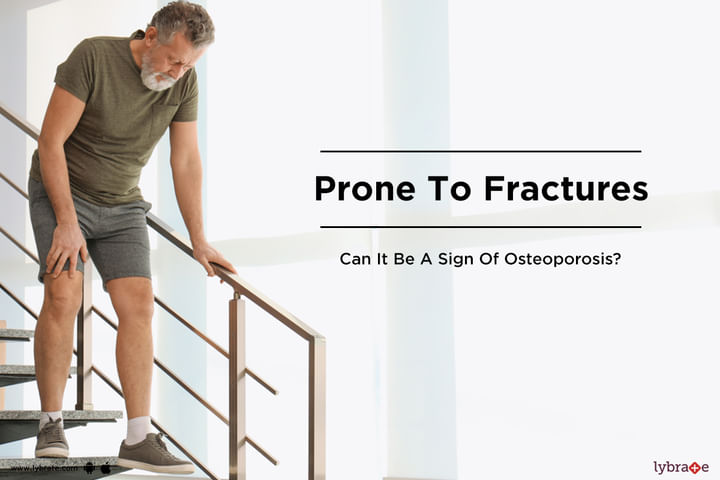Get the App
For Doctors
Login/Sign-up
Last Updated: Oct 07, 2021
BookMark
Report
Prone To Fractures - Can It Be A Sign Of Osteoporosis?
Dr. Amit Kumar ShridharOrthopedic Doctor • 25 Years Exp.MBBS, D (ORTHO), DNB (Orthopedics), MCH (Orthopedic), Spine Fellowship DePUY, Medtronics Spine Fellowship
Your bone is a living tissue that is continuously undergoing the process of being broken and repairing. World Osteoporosis Day (WOD) takes place every year on October 20. Osteoporosis is a disorder characterized by brittle and weak bones. Osteoporosis affects one’s hips, spine, and wrist, thus rendering a hunched posture and a shrunk appearance resulting from the collapsed vertebra.
Factors behind osteoporosis:
- Excessive consumption of alcohol and tobacco
- A sedentary lifestyle with not much physical activity
- Certain medical disorders such as liver and kidney disease, cancer and arthritis
- Medicines to fight cancer, seizures, gastric reflux and transplant rejection
- Low estrogen count in women due to menopause (a phase wherein menstruation stops completely)
Treatments:
- Medications such as bisphosphonates include Ibandronate, Zoledronic acid, Risedronate, and Alendronate, and other substitutes such as Teriparatide and Denosumab can be administered. However, these bring with them certain side effects such as nausea, abdominal pain, or heartburn.
- In women, estrogen therapy post-menopause can help maintain bone density but at the same time, this can make one vulnerable to heart diseases, cancer, or blood clotting.
- Alternative medicines include Ipriflavone which is a laboratory manufactured medicine and when combined with calcium, can prevent bone loss and acute pain.



+1.svg)
